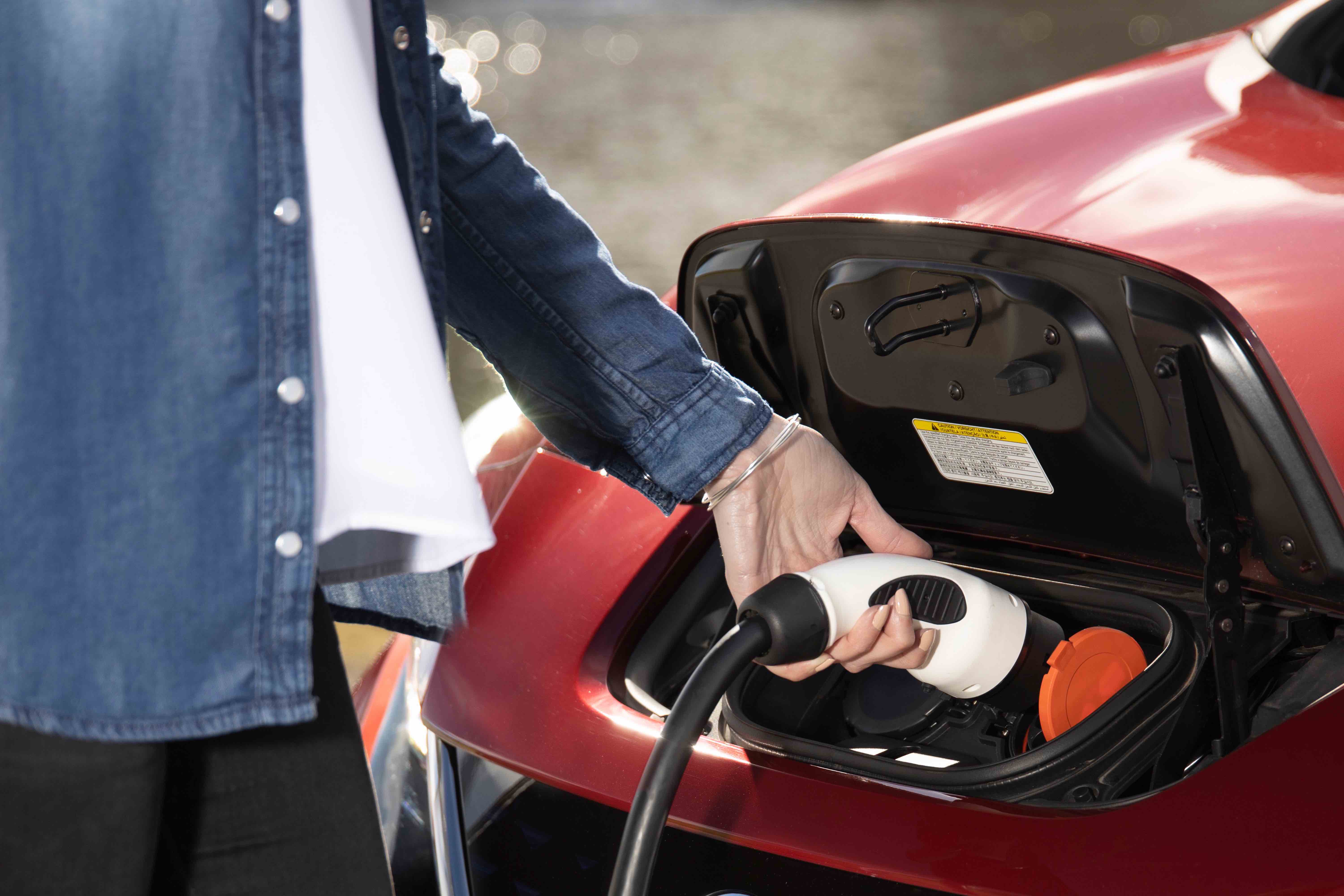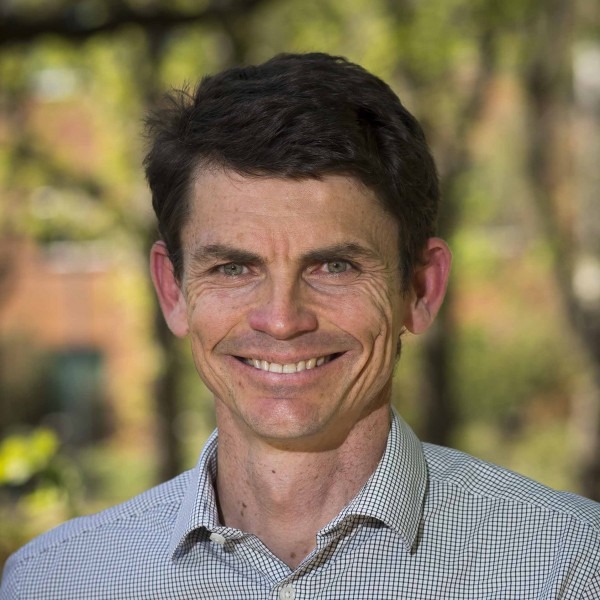
Energy conversion and storage
Electricity contributes a third of the world’s greenhouse gas emissions. Solar photovoltaics and wind generation are now the lowest cost sources of new electricity capacity, and Australia is leading the world with rate of uptake of these renewable generators.
Speakers
Event series
Content navigation
RegisterDescription
Electricity contributes a third of the world’s greenhouse gas emissions. Solar photovoltaics and wind generation are now the lowest cost sources of new electricity capacity, and Australia is leading the world with rate of uptake of these renewable generators. This requires a rethink of how the electricity grid operates, including the integration of storage, demand management, and transmission needs to manage supply variability. Low emissions electricity then unlocks a range of other emissions reductions: from swapping petrol use with electric vehicles in the short-term, through to generating hydrogen for the production of steel from iron ore.
About the speaker
Dr Matthew Stocks is a Research Fellow at The Australian National University (ANU) School of Engineering. His research and development experience in renewable energy and photovoltaics spans more than 25 years. He has been chief investigator on several research projects, all examining aspects of renewable energy generation. These span from high efficiency solar cell concepts, through to studies supporting high penetration renewables including 100% renewable energy and sustainable transport. Dr Stock’s work on pumped hydro energy storage and integration of renewable energy in Australia has had wide engagement from industry, government and the general public, and received the Eureka Prize for Environmental Science in 2018.
Webinar recording
Location
Online

